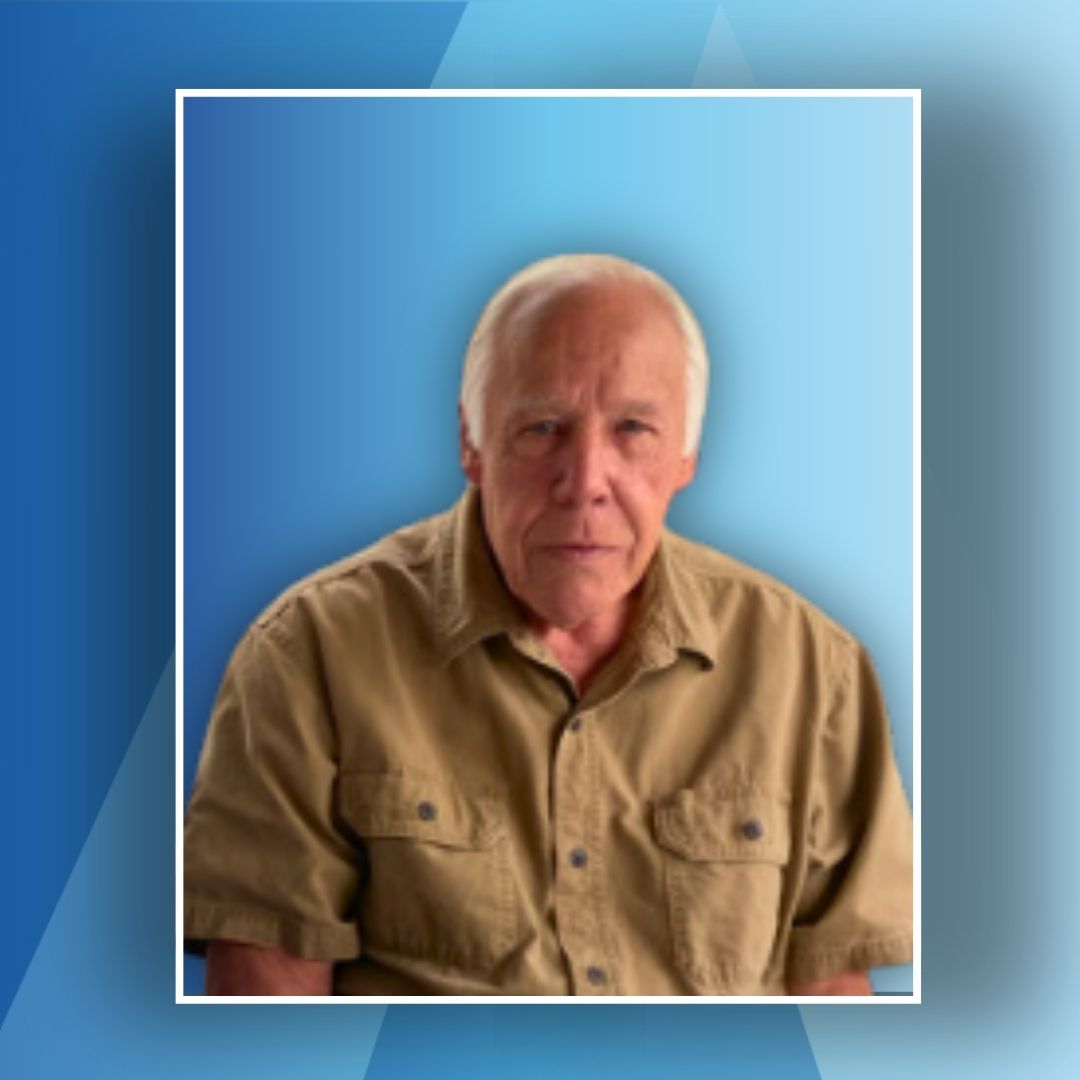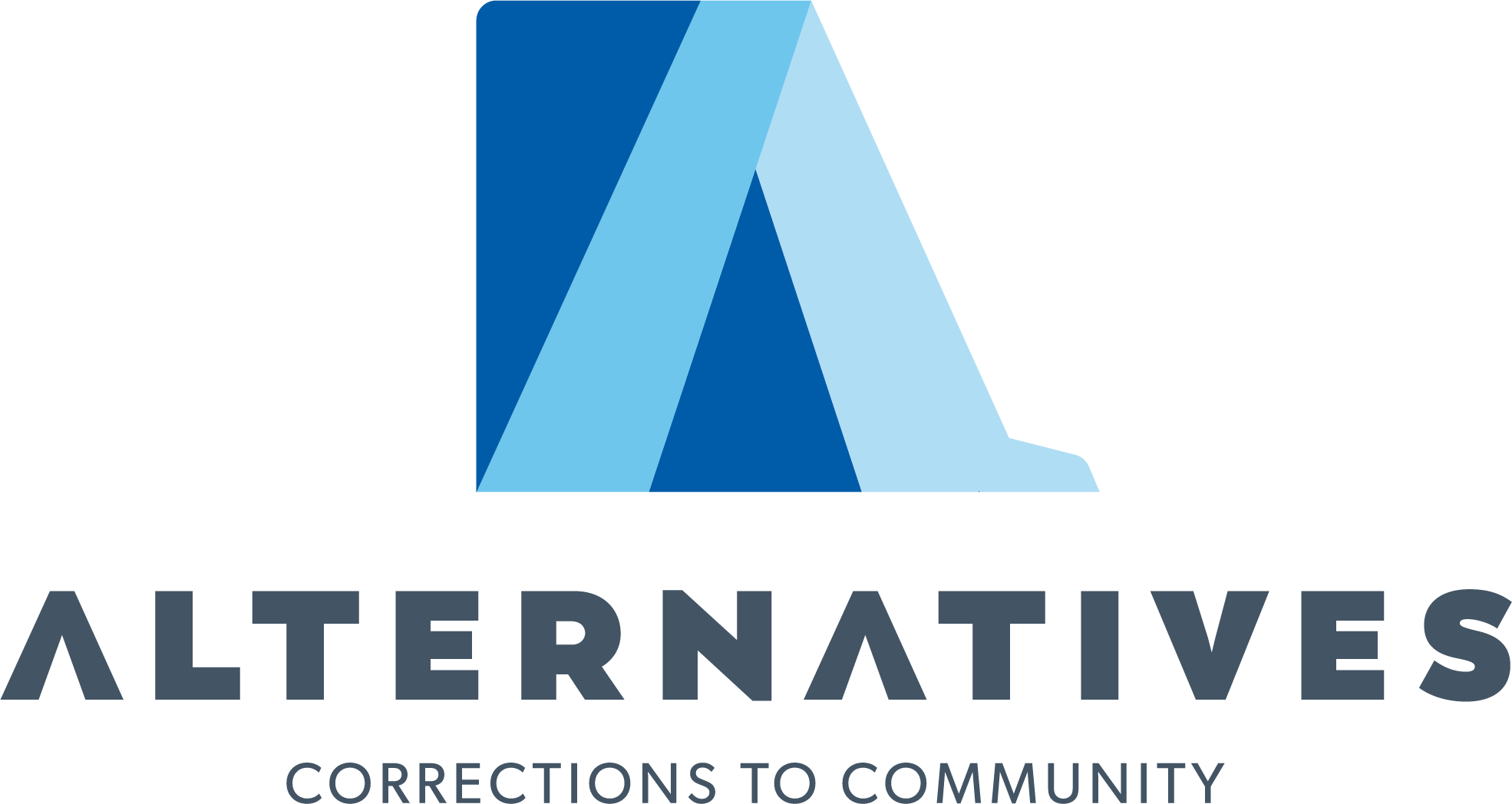
At Alternatives, Inc., we are dedicated to supporting survivors and rehabilitating offenders to create a safer community. Brice Brogan, who has devoted 20 of his 30+ years of professional experience to Alternatives, embodies this holistic approach. With extensive experience in behavioral health and justice, Brice brings invaluable expertise and a steadfast commitment to transforming lives and strengthening communities.
A Career Spanning Behavioral Health and Justice
“My career spans over 30 years, and I’ve been with Alternatives for about 20 of those years,” Brice shares. “It’s been a journey from children’s psychiatric work to probation, to drug and alcohol counseling, and case management at Alpha House.” At Alternatives, Brice has held numerous roles, from case management and supervisory work to his current specialization in PFMA (Partner or Family Member Assault) counseling, where he’s focused for the last 13-14 years. He sees PFMA rehabilitation as a critical piece of reducing recidivism and helping clients break the cycle of violence, while also addressing the needs of the community at large.
Domestic Violence in the U.S. and Montana: The Need for Intervention
Domestic violence affects millions in the U.S. each year—1 in 4 women and 1 in 9 men experience severe physical violence by an intimate partner in their lifetime. In Montana, domestic violence is an equally pressing issue, underscoring the need for intervention that works. Through a comprehensive rehabilitation approach, Alternatives provides therapy and support to offenders, helping them recognize and change abusive behaviors.
The Power of a System-Wide Approach
Brice explains, “I started in case management, moved into drug and alcohol counseling, and eventually into PFMA work. Each role has shaped my understanding of how essential the whole system is for making an impact. At Alternatives, I’ve seen firsthand that it’s not just one part that makes the work effective—it’s everybody involved, the whole system working together.” This teamwork, in Brice’s view, is what drives sustainable change for both offenders and the broader community.
Evidence-Based Programs: Changing Patterns of Behavior
Alternatives uses evidence-based programs, such as Cognitive Behavioral Therapy (CBT) and the Duluth Model, to help PFMA offenders shift harmful thought patterns, develop emotional regulation skills, and foster empathy for their partners and families. “Through group therapy, offenders can hear others’ experiences, recognize abusive patterns, and take responsibility for their actions,” Brice explains. Group settings promote accountability and accelerate behavioral change by encouraging offenders to confront their behaviors openly, learn from peers, and take ownership of their actions.
Employment and Accountability: Rebuilding Lives for Safer Communities
Beyond therapy, Alternatives emphasizes employment, accountability, and community involvement, creating a pathway for offenders to reintegrate as positive members of society. By addressing the underlying issues of domestic violence through a holistic approach, Alternatives helps clients build healthier relationships and, ultimately, healthier communities.
A Legacy of Dedication and Impact
Brice’s commitment to holistic rehabilitation has made him an invaluable part of Alternatives. As he reflects on his journey, Brice remains committed to Alternatives’ mission, saying, “Each role I’ve had has shown me how interconnected we all are in creating a safer, stronger community.” His work underscores the importance of a supportive system, uniting staff, counselors, and the community to bring about lasting change and break the cycle of domestic violence.
20 Years of Service and Transformation
In Brice’s 20 years with Alternatives, he has seen countless lives change through this collaborative approach. His dedication to helping offenders take ownership and accountability for their actions, coupled with his broad background in behavioral health, has not only enriched Alternatives but has also strengthened the very fabric of the community it serves. As Brice continues in his mission, he reminds us of the power of unity in addressing domestic violence—a testament to the difference one person can make over two decades of service.
